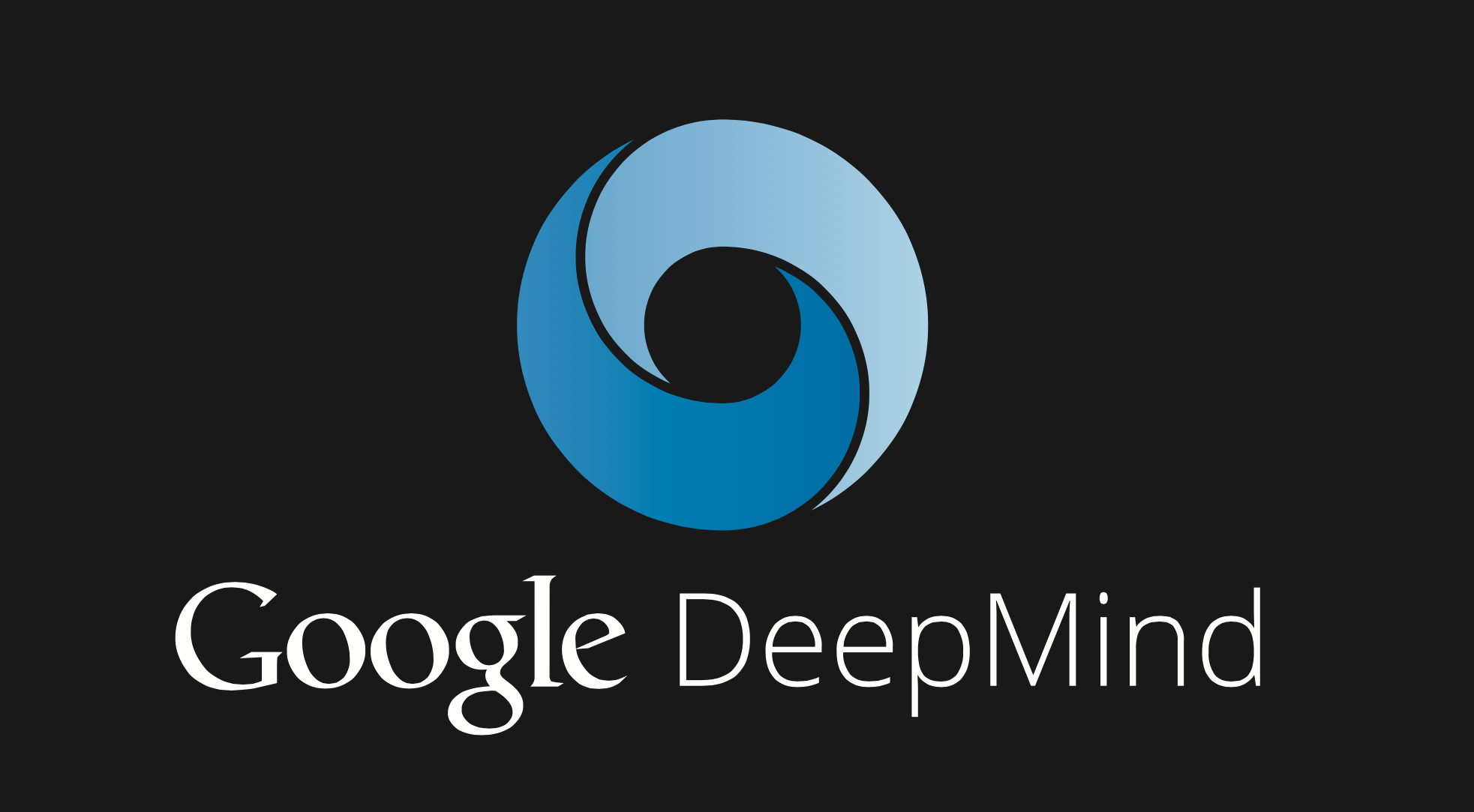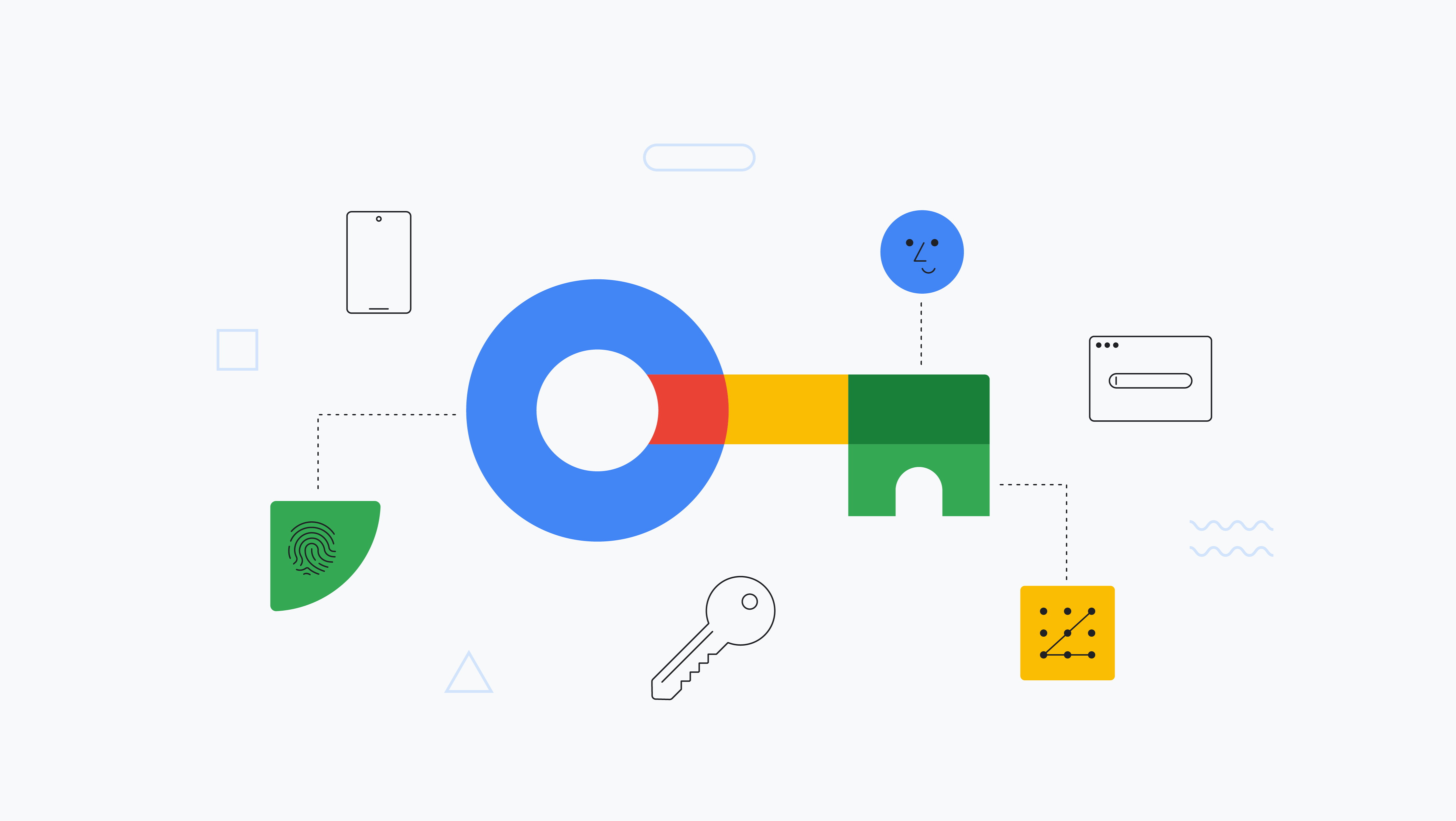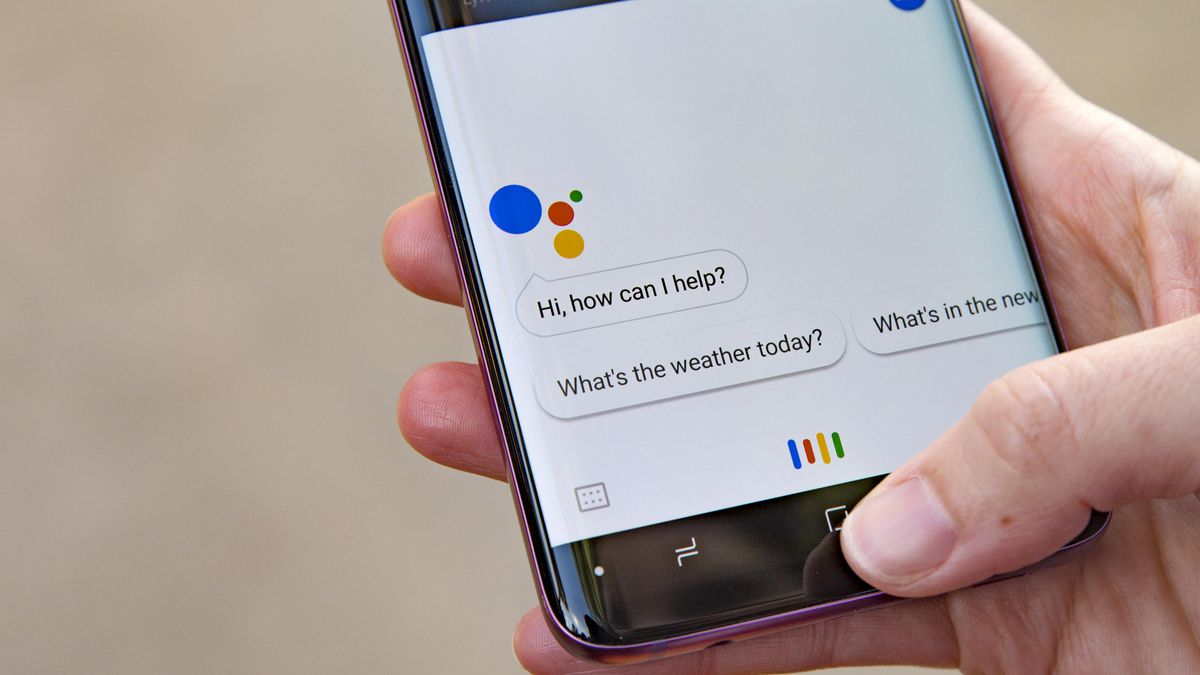It’s a bit of old news to say that Google Cloud platform is way behind the curve. Even their wiki page is so small compared to the cloud leaders Amazon, Microsoft and IBM.
The standalone revenue numbers from Google Cloud is so small that Alphabet hasn’t yet started revealing them, but if you read Amazon or Microsoft’s earnings report, you will see cloud growth numbers plastered all over the place.
After all, Microsoft Azure has clocked two consecutive quarters of 100%+ year-over-year growth, so why not?
But, finally, Google seems to be picking up some speed, and hopefully it will help them cover the many miles that they need to run to get closer to the segment leaders.
Google’s expertise in Artificial Intelligence, or AI, is well known, and when they entered the commercial side of cloud business, it was obvious that the company will try and tap into that expertise that was built over many years. Back in March 23 this year Google announced that it will bring machine learning, big data and analytics to the Google Cloud Platform.
“Cloud Machine Learning will take machine learning mainstream, giving data scientists and developers a way to build a new class of intelligent applications. It provides access to the same technologies that power Google Now, Google Photos and voice recognition in Google Search as easy to use REST APIs. It enables you to build powerful Machine Learning models on your data using the open-source TensorFlow machine learning library” – Google Blog
Google has been slowly beefing up machine-learning-related services to its cloud platform, and now they have added Natural Language API that can be used to extract information about people, places, events and more, as well as Speech API that will allow developers to convert audio into text using neural networks.
Google is not alone in this area: IBM’s Watson and Microsoft have both been working double time to strengthen machine learning and analytics. With Microsoft, that part is housed under its Cortana Intelligence Suite. And Amazon has its own machine learning services for its customers as well.
But the key difference for Google is, it’s possibly the only company to be working on this area for a really long time, and if they can exploit those learnings then they can offer powerful solutions to customers who are paying for Google’s cloud services.
For example, Google DeepMind, Google’s Artificial Intelligence unit, achieved 40% drop in cooling costs, increasing power efficiency by 15%.
“DeepMind’s computer systems looked at information from the thousands of sensors in each data center, and realized tweaks could be made to save energy. For example, a water chiller might be turned off for 20 minutes or even a few hours. Or the temperature might be adjusted by a few degrees. The system learns from experience what specific tweaks are best for a given situation.” – CNN
They do have the strength in artificial intelligence, and now is the time to put it out there for mass consumption and also benefit from it. Google is not going to get to the top of the cloud industry that easily, but their baby steps better help them keep moving forward and stay relevant in the cloud wars, or else the gap between the top three and the fourth player will only widen.



